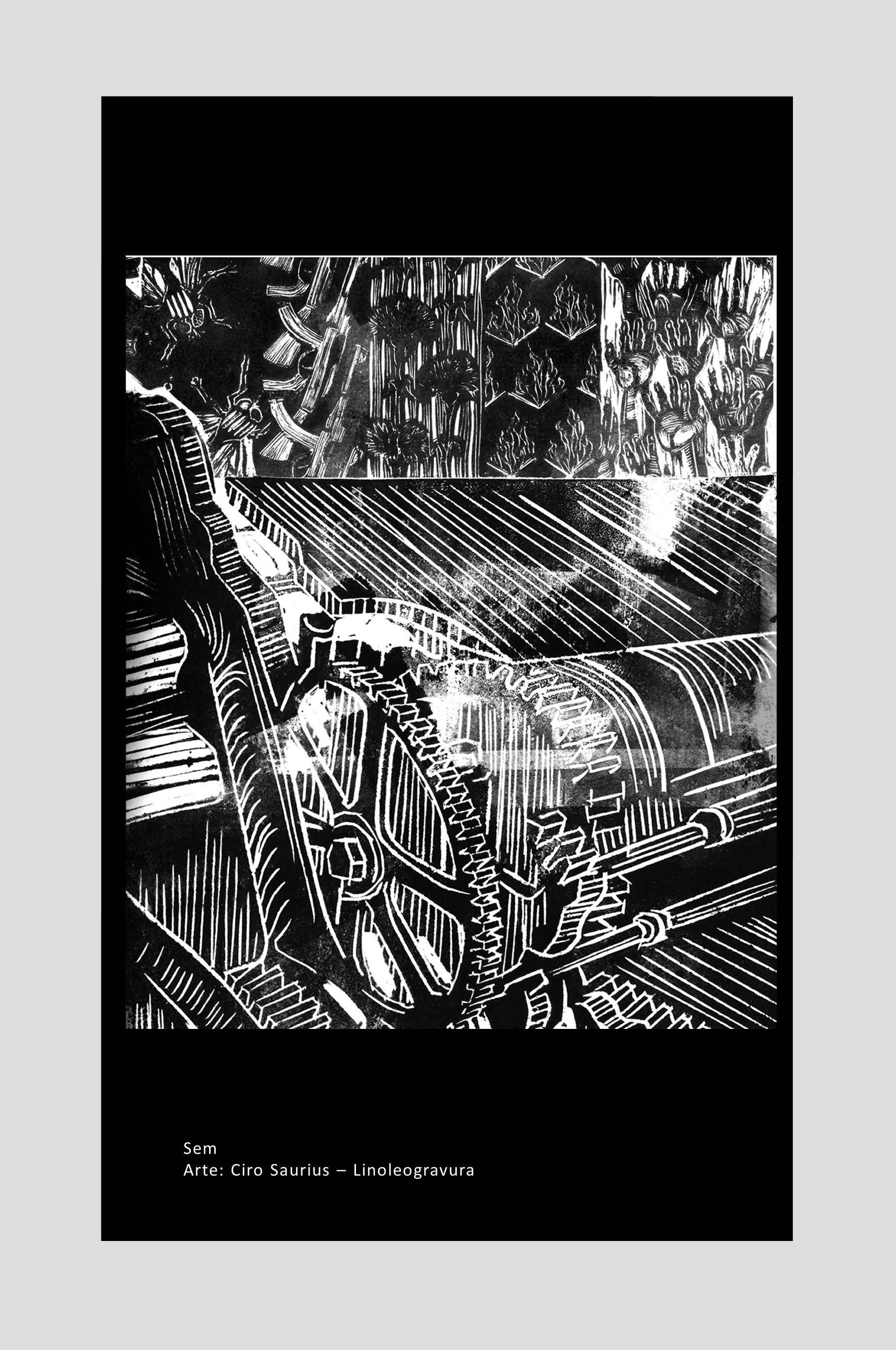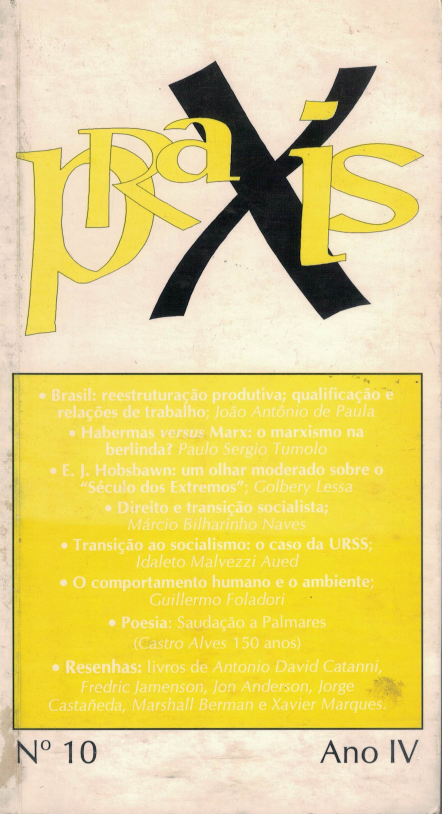An Encounter with the National Bourgeoisie Interview with Fernando Gasparian
Abstract
When the phone rang, a nice lady answered the other end of the line. Upon hearing my request for an interview with Mr. Gasparian, she asked me to wait a second. When a voice came back on the phone, it was the man who was talking to me. Recovered from the fright, the meeting with the national bourgeoisie was scheduled. And that's how, on the fifth of April 2006, the young student who was preparing a master's thesis on Brazilian business was able to talk to one of the most important businessmen of the pre-64 period. Industrialist, student leader, business leader, Constituent Assemblyman, professor and editor. Fernando Gasparian is one of those characters with many faces. From president of UEE-SP, the young engineer takes charge of the family's industrial complex and expands it, in addition to being president of the São Paulo textile industry union, director of FIESP and intervenor in CNI. He became involved with the nationalist agenda and with the Jango government, occupying a seat on the National Economic Council and almost becoming a minister. After the military coup, he is forced to dispose of the companies and go into exile in London, where he becomes a university professor. Back in Brazil, he left the industry for newspapers and books, becoming editor of the famous newspaper Opinião, a noble trench of resistance to the military regime. The trajectory of Gasparian, a character with a privileged position, tells an important part of the Brazilian republican period. The interview was given in the office of Editora Paz e Terra, his last business venture, in the middle of a somewhat cluttered work desk, sometimes making a metaphor for the labyrinth of memories of a 76-year-old man. Thirteen years after it was recorded, this unpublished interview – possibly the last given by Gasparian, as he died months later – leaves the drawer and comes to light through the pages of Mouro.

Downloads
Published
How to Cite
Issue
Section
License
Authors who publish in Revista Mouro agree to the following terms:
The. Authors retain copyright and grant Revista Mouro the right to publish.
B. Authors are authorized to assume additional contracts separately, for non-exclusive distribution of the version of the work published in this publication (eg, to publish in an institutional repository or as a book chapter), with acknowledgment of authorship and publication in Revista Mouro.
ç. Authors are allowed and encouraged to publish and distribute their work online (e.g. in institutional repositories or on their personal page) at any point before or during the editorial process, as this can generate productive changes as well as increase impact and the citation of the published work.





